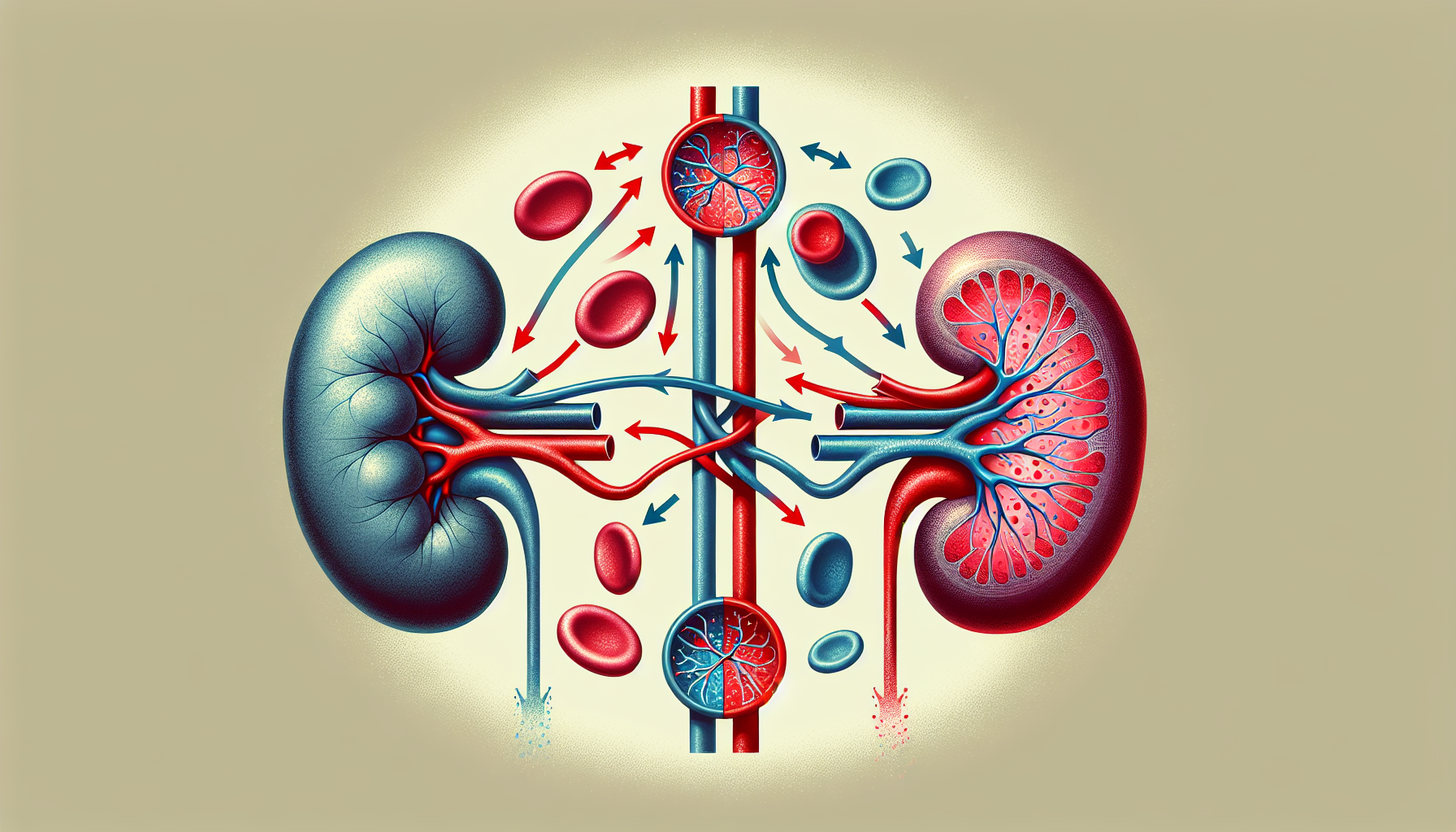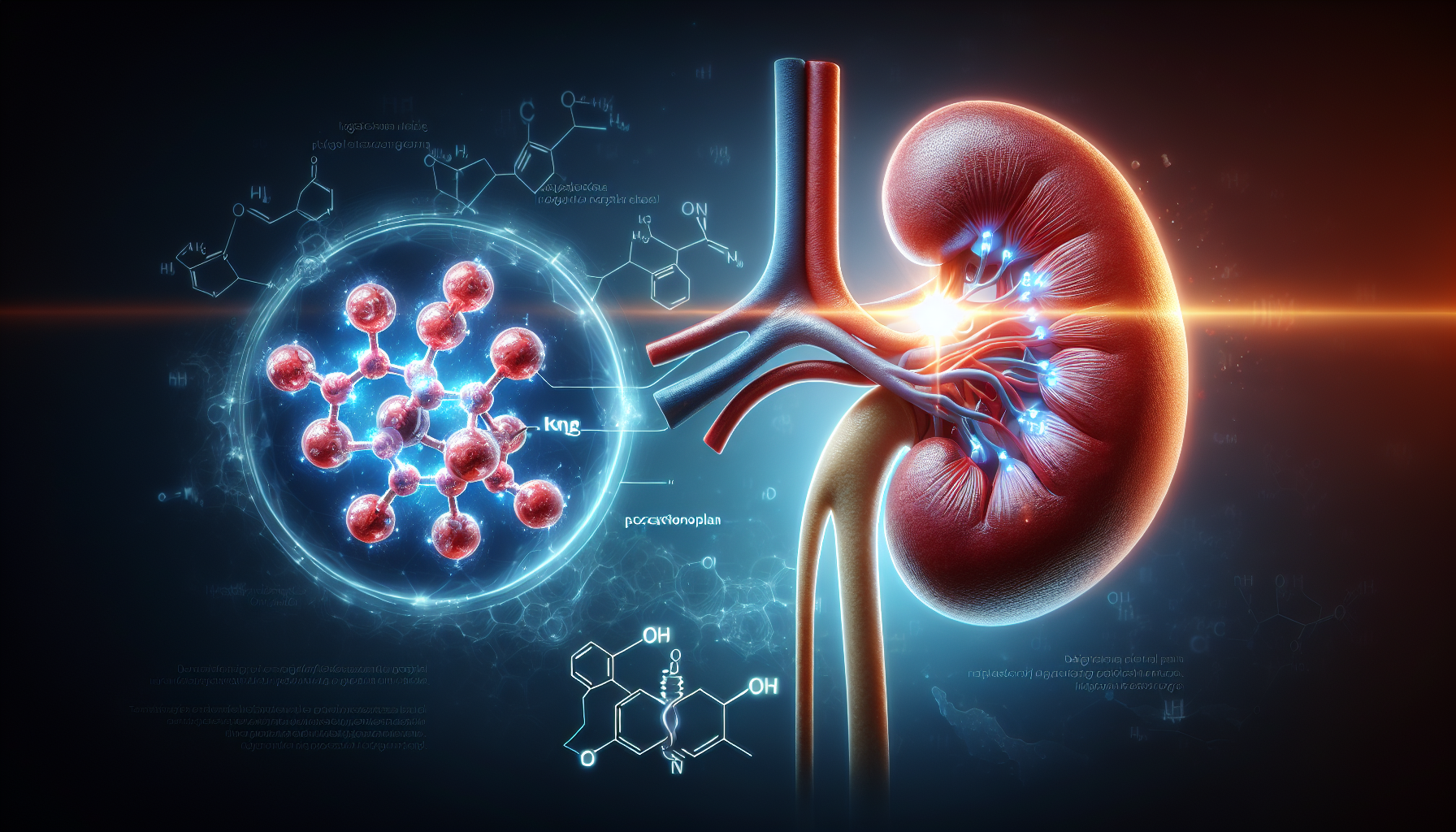New Insights on IgA Nephropathy Treatments: How Do Sparsentan and Irbesartan Compare?
Key Takeaways
- Sparsentan and irbesartan slow down kidney function decline in IgA nephropathy patients.
- The findings are based on data from PROTECT, NefIgArd, and RaDaR trials.
- Sparsentan showed a notably greater benefit compared to irbesartan.
Did You Know?
Introduction to IgA Nephropathy Treatments
IgA nephropathy (IgAN) is a kidney disease marked by deposits of the protein immunoglobulin A (IgA) in the kidneys, leading to inflammation that can affect kidney function. Understanding how different treatments influence the progression of this disease is crucial for optimizing patient outcomes.
Understanding eGFR Slopes and Kidney Function
The estimated glomerular filtration rate (eGFR) measures how well the kidneys filter waste from the blood. A decline in eGFR can indicate worsening kidney function. In this study, researchers looked at how two drugs, sparsentan and irbesartan, affect the eGFR slopes or the rate at which kidney function declines over time.
The PROTECT, NefIgArd, and RaDaR Trials
The PROTECT trial, NefIgArd trial, and RaDaR registry provided the data for this study. Researchers used a technique called matching-adjusted indirect comparison (MAIC) to equate differences in populations and better compare the drugs' effects. Information regarding patients treated with sparsentan, irbesartan, and placebo was collected from these sources.
Patient Groups and Methodology
The study included 202 patients each receiving sparsentan or irbesartan from the PROTECT trial. Additionally, data from 717 patients under standard care from the NefIgArd trial and RaDaR registry were used as control data. Before adjusting for differences, PROTECT trial patients were found to be older and presented other varying factors than those in the RaDaR and NefIgArd cohorts. After matching, these variables were balanced to provide comparable groups.
Findings and Results
After analyzing the adjusted data, researchers found a slower decline in kidney function in patients treated with sparsentan and irbesartan compared to those treated with standard care alone or with optimized Renin-Angiotensin System Inhibitors (RASI) in the NefIgArd trial. The sparsentan group showed the most significant benefit with a considerable slowing of eGFR decline.
Detailed eGFR Slope Results
The study showed a yearly difference in eGFR decline of 1.12 ml/min/1.73 m² for irbesartan and 1.89 ml/min/1.73 m² for sparsentan compared to controls from the RaDaR trial. Comparing to optimized RASI in the NefIgArd trial, irbesartan had a difference of 1.30 ml/min/1.73 m² and sparsentan had a difference of 2.26 ml/min/1.73 m², both indicating significant benefits.
Clinical Implications and Future Directions
These findings suggest that both sparsentan and irbesartan provide meaningful benefits in slowing the progression of IgAN, with sparsentan showing the greater potential. This could influence future treatment guidelines and offer clinicians additional tools for managing patients with IgA nephropathy.
Expert Insights and Comments
Dr. Jonathan Barratt from the University of Leicester highlighted the importance of these findings in an exclusive interview. He emphasized how these results could help shape clinical practice and improve patient care by providing more effective treatment options for IgAN.
Disclosures and Conflicts of Interest
Relevant disclosures for Dr. Barratt include financial relationships with various pharmaceutical companies involved in IgAN research and treatment development, such as Argenx, Calliditas Therapeutics, Chinook Therapeutics, Galapagos NV, GSK, Novartis, and Travere Therapeutics.
Conclusion
This study underscores the role of sparsentan and irbesartan in managing IgAN. By slowing eGFR decline, these treatments present significant benefits, offering hope for better management of this chronic kidney disease.
References
- European Renal Association Congresshttps://www.era-online.org/en/ERC2024.Abstract-GongDivaBensink-Comparisons-eGFR-slopes-PROTECT-UK-RaDaR-NefIgArd






